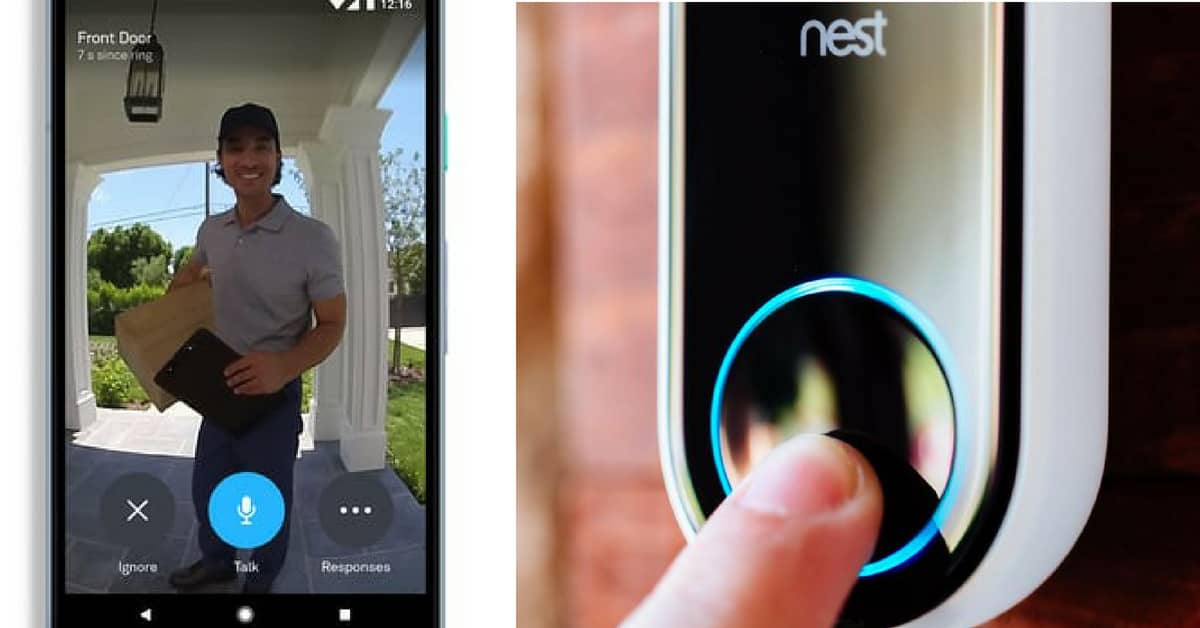
If so, there’s a possibility that this malware could be spread to other devices connected to your network.įortunately, there’s a simple way to address this particular threat. While it’s unlikely any of your friends would intentionally sabotage your network, there’s a chance that the device they are using to connect to your network is infected with some sort of malware. Whenever a guest logs into your primary Wi-Fi network, they will also have access to every one of these devices.

Let’s say you also have several smart home devices connected to Wi-Fi, and you have a portable USB hard drive plugged into your Wi-Fi router to share files with other family members. Let’s say that you have two laptops, four smart phones and a tablet in your home, any of which could be connected to your Wi-Fi network at any given time. If your network is not set up correctly, visitors who access your Wi-Fi network pose a potential security risk to your devices and data. Your house guests may pose a threat to your home networkīut there is another type of threat to your home network you may not be aware of: your house guests. It’s even possible for a hacker to hijack your Wi-Fi router and use it, along with thousands of other hacked routers, to launch a large-scale cyberattack on a company, government agency or other organization.įortunately, these threats can usually be addressed with some simple measures, like using the right type of Wi-Fi security (the WPA2 security protocol), setting a strong Wi-Fi password and changing it every few months.

Determined hackers can use your Internet service for free, introduce malware onto your devices, and steal your personal data. If your Wi-Fi network is not properly secured, it leaves you vulnerable to a variety of security threats.

Comments As most of us are aware, home network security is extremely important.


 0 kommentar(er)
0 kommentar(er)
